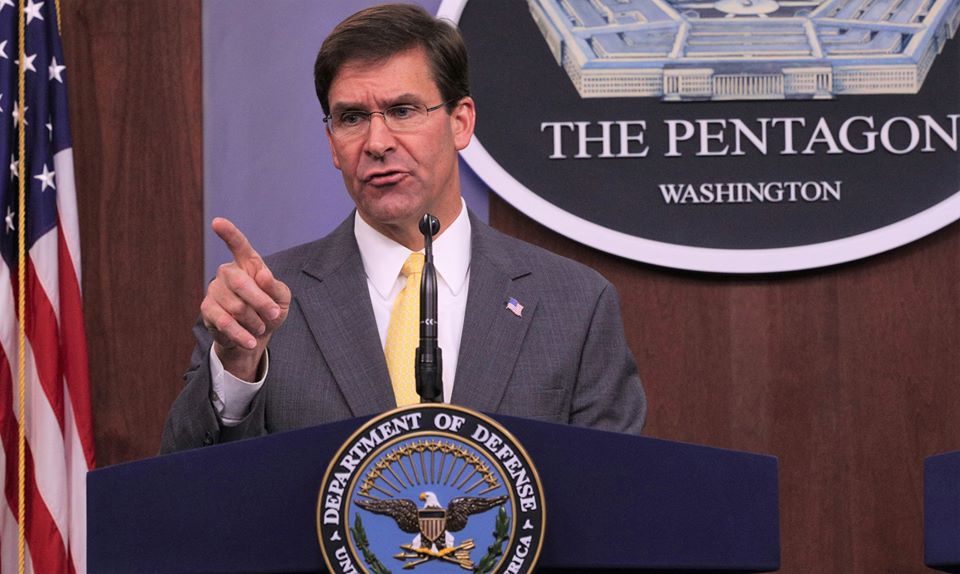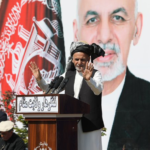The US Defense Secretary Mark Esper at a Pentagon news conference said Monday he wasn’t sure if the drawdown had begun, but he said it must start within 10 days of the US-Taliban peace agreement that was signed on Saturday.
“The agreement says that we would reduce down to 8,600 within 135 days, if I recall correctly. And that drawdown would begin in the first 10 days. But I — you know, my instruction to the commander was let’s get moving; let’s show our full faith and effort to do that,” Esper said.
“As you know, I’ve said on many occasions that I’m comfortable we can still conduct all the missions we need to conduct at 8,600,” he said.
There are roughly 13,000 American troops in Afghanistan.
Esper also said that a joint declaration on bringing peace to Afghanistan, which was announced on Saturday in Kabul, reaffirms the United States’ partnership with the government of Afghanistan.
“This was an important first step toward a political solution to end the war in Afghanistan,” Esper said, adding: “As I reiterated to our Afghan partners, this is a conditions-based agreement…We’re watching the Taliban’s actions closely to assess whether they are upholding their commitments.”
Also on Monday, the Taliban announced it had resumed offensive operations against Afghan security forces.
In response to a question that noted there has already been some violent attacks, particularly around Khost province on Monday, Esper said:
“Our expectation is that a reduced level of violence would occur, and it would decrease over time, as we move forward. As we see these things happen, first of all, we have to — we have to verify that an action, an attack, happened. And then we have to figure out attribution. And we work our way through this, you know, day after day.”
“And I’m confident in General Miller’s (commander of US Forces-Afghanistan and of Operation Resolute Support) capabilities on the ground to do that and to give us good feedback as with regard to the implementation of the base agreement,” he said.
In the meantime, Mark Milley, chairman of the US Joint Chiefs of Staff also said at the conference regarding Monday’s attack in Khost said that: “One is the Taliban’s not a monolithic group. There’s multiple terrorist organizations operating over there. So we don’t know — I know the attack you’re talking about, got some initial reports on it. We don’t know exactly who did that yet. That’s the first point.”
“Secondly, I would caution everybody to — to think that there’s going to be an absolute cessation of violence in Afghanistan; that is probably not going to happen. It’s probably not going to go to zero,” he said.
“So this — this is a significant step forward, this agreement, and it’s going to lead to inter-Afghan dialogue and it ultimately leads to a peace agreement. But to think that it’s going to go to zero immediately, that probably is not going to be the case,” he added.
The US and Taliban peace deal already has hit its first snag as President Ashraf Ghani said Sunday that he will not free thousands of Taliban prisoners ahead intra-Afghan talks.
While on Saturday, Taliban’s top negotiator Sher Mohammad Abbas Stanikzai in an interview after the signing of the US and Taliban agreement said that: “The intra-Afghan talks will start on March 10, once 5,000 of our hostages who are imprisoned in different parts of the country are released.”
“If the prisoners are not released on time than the intra-Afghan talks will be delayed,” Stanikzai said, adding that “the US has guaranteed to free the prisoners.”













